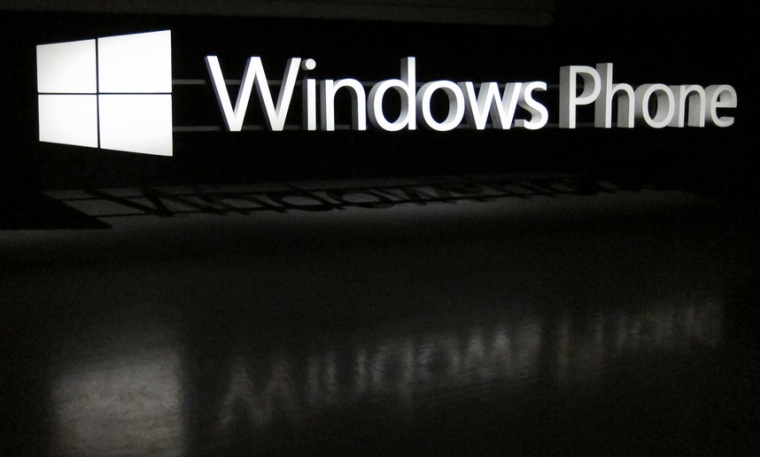The background to this is the pressure on App Store numbers for any mobile platform. Next to iOS and Android, Windows Phone is half a million short in the app count (as is BlackBerry OS 10) and many people ask what Microsoft should be doing to change this.
Alongside outreach programs, developer evangelism, and promotion around the platform, why shouldn't Microsoft offer financial support? After all, most developers are in it for the money, not just to change the world.
I actually feel very comfortable about this route, for two reasons.
The first is that it is all up front. The 'Keep the Cash' program is not hidden away, and anyone looking for details will find them. And while the larger payments might not have a single web page on how to apply for them, they are available, and should not come as a shock to anyone.

Secondly, let's assume that the big projects are getting the $100,000 award. Is this any different to a Venture Capitalist managing a seed fund and doling out a hundred grand to companies that look remotely interesting? The chances are the company will burn the money, and maybe 5 to 10% of the companies will break even, with an even smaller landing a successful return on the investment.
As far as I can see, Microsoft are not taking a stake in the apps developed, but it stands to reason that if they can bring some cracking apps over to the platform, then the halo effect (no, not that Halo) on the platform will bring them a benefit in the medium to long term compared to simply getting their money back. A stronger Windows Phone platform is more important than turning $100,000 into $125,000 over a twenty four month period.
So bring it on. Developers want to see the money, and if the perception around the Windows Phone Store is that it's not quite ready to generate enough of a return for the bigger names, then I'm happy to see that Microsoft are making up the shortfall themselves. More of this sort of thing, and Windows Phone will continue to thrive in 2013... and beyond.
